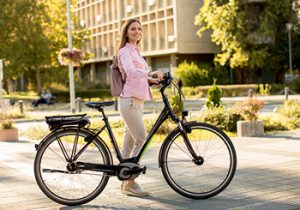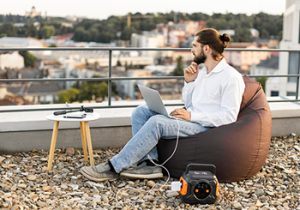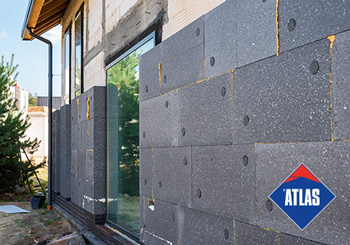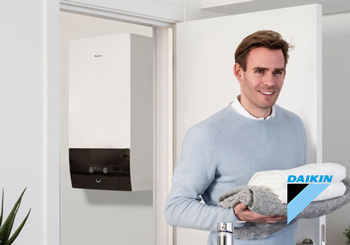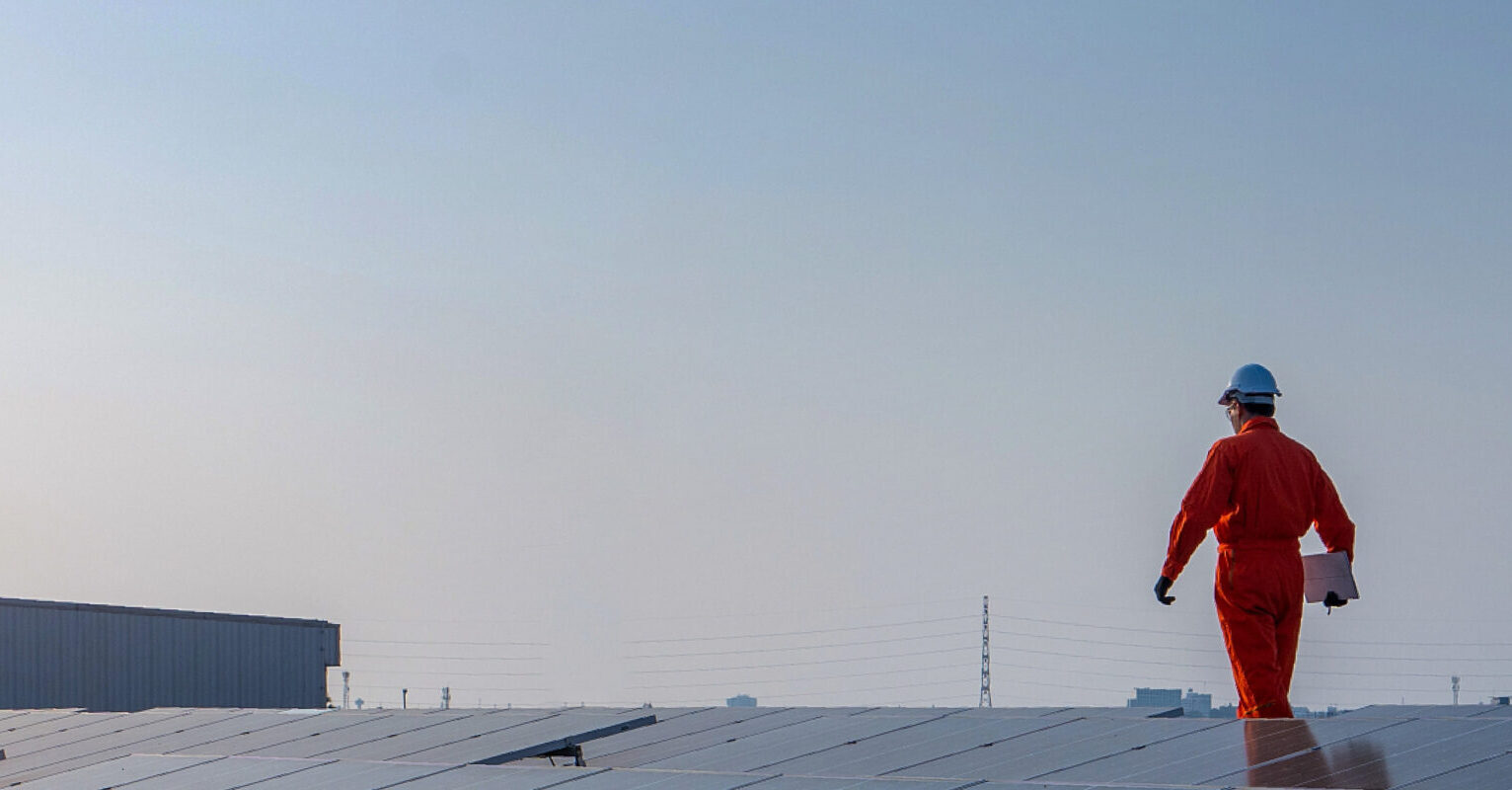As the UK is progressing its shifts towards a greener future, more homeowners are turning to solar energy to power their homes. It is a clean and renewable solution that not only lowers our energy bills but also reduces dependence on fossil fuels. But one common question most people ask before investing is: how long do solar panels last?
In this comprehensive and detailed guide, we will explore the average lifespan of solar panels, what affects their longevity, and how you can extend their life for maximum return on your investment. Whether you are planning to install solar panels or already have them on your roof, this blog provides everything you need to know.
What Is the Average Lifespan of Solar Panels?
Solar panels usually have a lifespan of 25 to 30 years depending on the panels & the property, but that doesn’t mean they stop functioning after that period. Instead, their energy output slowly declines over the years. Most manufacturers guarantee at least 80% efficiency even after 25 years. So, if you’re wondering how long do solar panels last, the answer is: quite a long time – long enough to generate significant savings.
What Causes Solar Panels to Degrade?
There are several environmental factors that contribute to the gradual degradation of your solar panels over time. UV exposure, temperature changes, and harsh weather conditions such as hail or snow can all play their part. Solar panels typically last between 25 and 30 years, but that doesn’t mean they stop working after that. Instead, their ability to generate electricity gradually declines over time.
So, the next time someone asks how long do solar panels last, it is important to clarify that while their efficiency might slightly decrease, they can remain functional and effective for decades.
Types of Solar Panels and Their Lifespan
There are three main types of solar panels commonly used in residential and commercial applications:
- Monocrystalline Solar panels: known for their high efficiency and sleek design, can last over 30 years
- Polycrystalline Solar panels: Polycrystalline panels are slightly less efficient but more affordable and they typically last around 25–30 years.
- Thin Film Solar panels: These solar panels are rather lightweight and flexible but these typically have a shorter lifespan of around 10 to 20 years compared to others.
Maintenance Tips to Extend Lifespan of Your Solar Panels
While solar panels require minimal maintenance, a little care can go a long way in preserving their efficiency:
- Regular cleaning: Dust, bird droppings, and debris can block sunlight and reduce output. Make sure to clean your solar panels a minimum of twice annually.
- Annual inspections: Have a professional check for cracks, wiring issues, and other potential problems.
- Monitor system performance: Use your inverter’s monitoring system or a dedicated solar app to ensure everything’s working as expected.
Warranties and Performance Guarantees
Trusted solar panel manufacturers will typically offer you two types of warranties:”
- 25-Year Warranty on Solar Panels: Backed by trusted manufacturers, this covers defects in materials or workmanship to ensure long-term reliability.
- 10-Year Battery & Inverter Warranty: Covers the core components that store and convert your solar energy, protecting your full system.
These warranties are key indicators of how long solar panels last in real-world scenarios. A longer warranty often means higher-quality components and better durability.
Environmental Factors That Affect Longevity
UK’s moderate climate is relatively gentle on solar panels, but certain environmental factors can still influence their lifespan:
- Sun exposure: Panels in sunnier regions will generate more power but may also degrade faster due to UV exposure.
- Coastal areas: Salt can corrode metal components, so protective coatings and regular maintenance are essential.
- Storm frequency: High winds and hail storms can cause physical damage to panels.
Knowing your local environment helps estimate how long solar panels last and informs the choice of equipment and installation method.
When Should You Consider Replacing Solar Panels?
Even though solar panels can last 25–30 years or more, there may be reasons to consider a replacement earlier:
- Significant drop in energy output
- Physical damage or broken glass
- Newer & more efficient models available
If you are experiencing frequent issues or poor performance, it is worth assessing whether your panels are nearing the end of their useful life. Asking how long do solar panels last isn’t just about years, it is also about continued efficiency and value.
Infinity: Reliable Solar Solutions Built to Last
At Infinity, we understand that investing in solar is a big decision. That is why we offer premium-quality solar panels designed to stand the test of time. Our team ensures proper installation and offers ongoing maintenance support, helping you get the most out of your system.
Whether you are new to solar or looking to upgrade your current setup, our tailored solutions give you peace of mind and long-term savings. If you are wondering how long solar panels last, let our experts guide you through the options that best suit your property, budget, and energy needs.
Conclusion
Solar panels are a smart investment for anyone looking to save on energy bills while reducing their environmental impact. On average, solar panels can last over 25 years, especially with proper care and professional installation. Factors like panel type, weather conditions, and regular maintenance all influence the longevity of your solar panels. So the next time someone asks how long do solar panels last, you will know it’s not just about the years, it’s about performance, savings, and sustainability.
Ready to embrace the benefits of solar energy? Visit Infinity today and let us help you take the first step towards a cleaner, greener, and more energy-efficient future.


